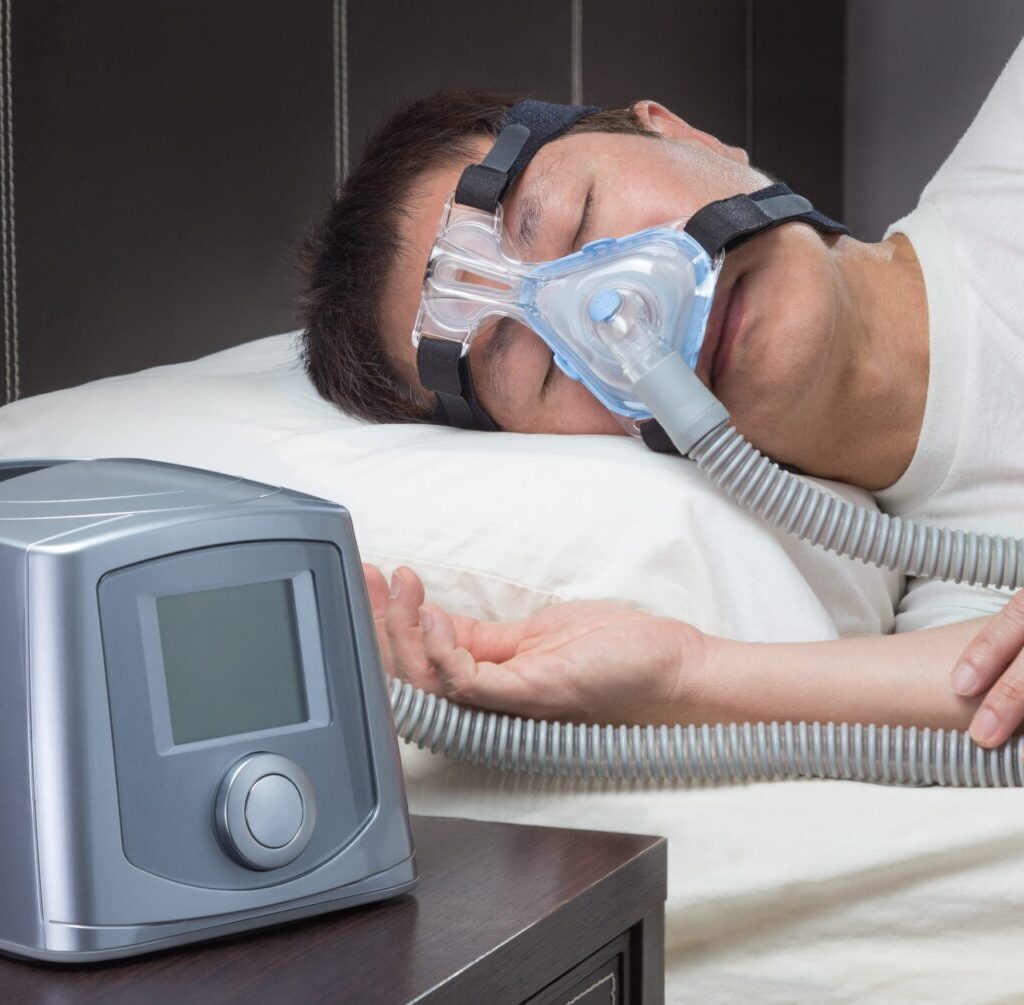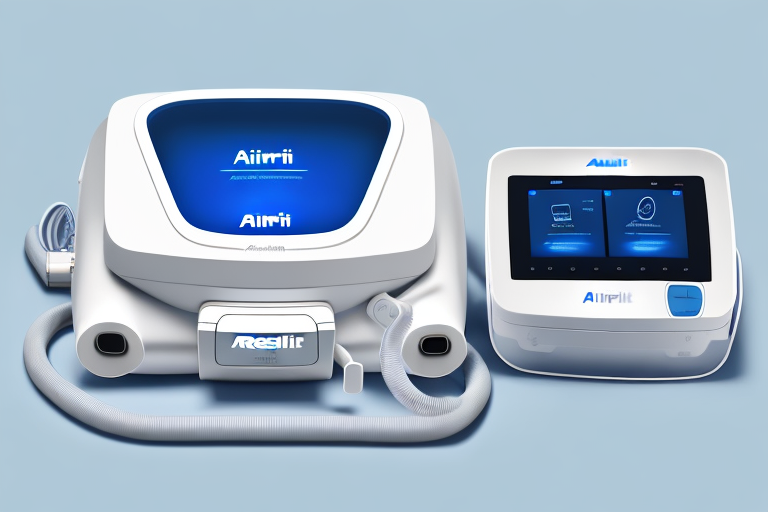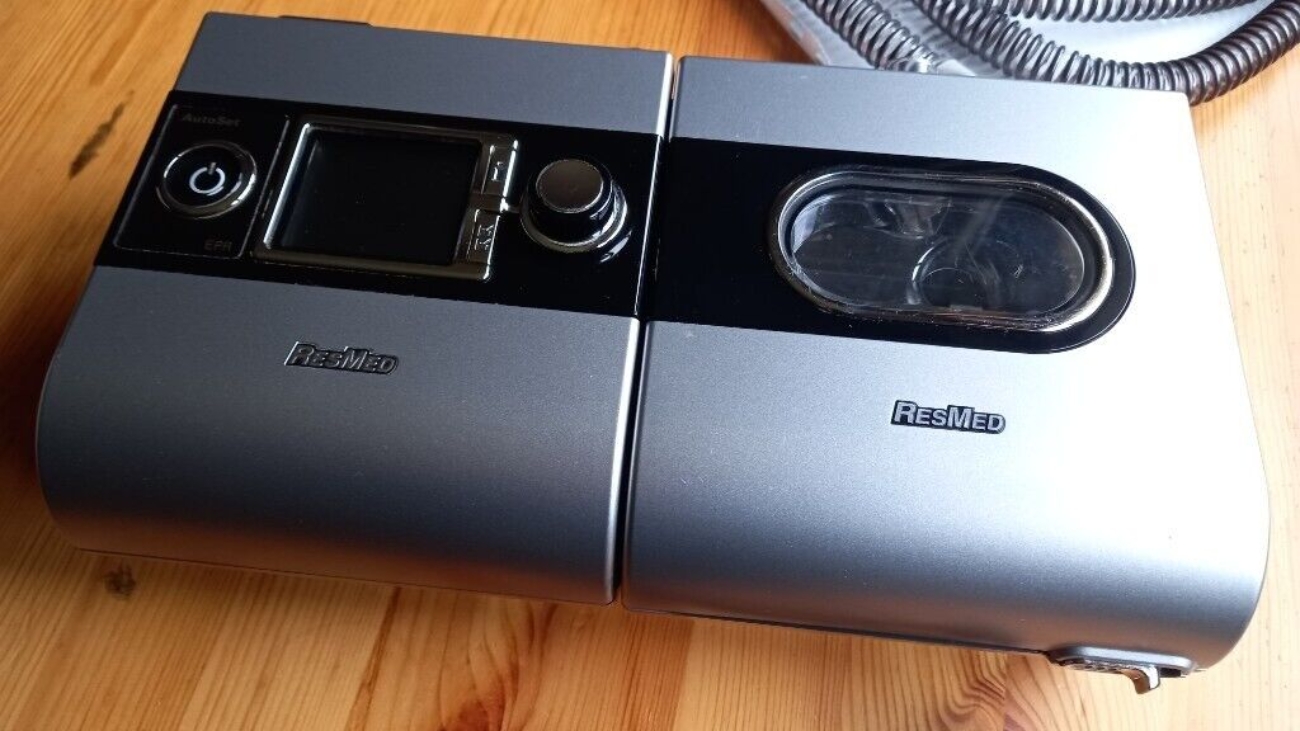Are you struggling with sleep apnea and searching for a solution to improve your sleep quality? Look no further! In this ultimate guide, we will walk you through everything you need to know about choosing the right CPAP machine to get a better night’s rest.
Understanding Sleep Apnea and the Role of CPAP Machines
If you or someone you know has been diagnosed with sleep apnea, it is essential to understand the condition and how CPAP machines can help alleviate its symptoms on https://store.airliquidehealthcare.com.au/en/cpap-machines. Let’s delve into the details.
Sleep apnea is a prevalent sleep disorder that affects millions of people worldwide. It is characterized by interrupted breathing during sleep, leading to oxygen deprivation and fragmented sleep patterns. The most common type of sleep apnea is obstructive sleep apnea, where the muscles in the throat relax and collapse, obstructing the airway. This results in pauses in breathing, sometimes lasting for seconds or even minutes, multiple times throughout the night.
What is Sleep Apnea?
Sleep apnea is a sleep disorder characterized by interrupted breathing during sleep. This occurs due to relaxation and narrowing of the muscles in the throat, blocking the airway momentarily. The result is disrupted sleep, leading to daytime fatigue and other health issues.
Untreated sleep apnea can have serious consequences on one’s health, including an increased risk of high blood pressure, heart disease, stroke, and diabetes. It can also lead to poor concentration, irritability, and drowsiness during the day, impacting both personal and professional life. Seeking treatment for sleep apnea is crucial in improving overall health and quality of life.
How Does a CPAP Machine Work?
A CPAP (Continuous Positive Airway Pressure) machine is a common treatment for sleep apnea. It delivers a constant flow of air pressure through a mask worn over the nose or mouth, keeping the airway open and allowing for uninterrupted breathing during sleep. Let’s explore the factors to consider when selecting the right CPAP machine.
When choosing a CPAP machine, it is essential to consider factors such as comfort, noise level, humidification features, and portability. The mask should fit securely and comfortably to ensure effective treatment without causing discomfort. Additionally, modern CPAP machines come with advanced features like heated humidifiers to prevent dryness in the airways and reduce irritation. Some models are also designed to be compact and lightweight, making them ideal for travel or use in small spaces.
Factors to Consider When Choosing a CPAP Machine
Before investing in a CPAP machine, it is crucial to evaluate various factors to ensure optimal comfort and effectiveness. Let’s discuss three key considerations.
Comfort and Fit
Since you will be wearing a CPAP mask for several hours every night, it is essential to choose a machine that provides a comfortable fit. Look for masks that offer adjustable straps, cushioned seals, and compatibility with your facial features.
Moreover, consider the material of the mask itself. Some masks are made of softer silicone materials that are gentler on the skin, reducing the likelihood of irritation or discomfort during extended wear. Additionally, certain masks come with forehead pads or nasal pillows to enhance overall comfort and stability while you sleep.
Noise Level
Ensure that the CPAP machine you choose operates quietly. Some machines are specifically designed to minimize noise, providing a peaceful sleeping environment for you and your partner.
Look for features like whisper-quiet motors and advanced noise reduction technology when selecting a CPAP machine. These innovations help to keep operational sounds to a minimum, promoting uninterrupted sleep throughout the night. Additionally, some machines offer adjustable settings for noise levels, allowing you to customize the sound output to your preference.
Portability and Travel-Friendliness
If you frequently travel, you need a CPAP machine that is portable and easy to transport. Consider lightweight options and compact designs that won’t weigh you down on your journeys.
Furthermore, look for travel-friendly features such as universal power compatibility and durable carrying cases. Some CPAP machines are designed with built-in battery options or adapters for international use, ensuring that you can continue your therapy regimen seamlessly, even while on the go. Additionally, seek out machines with user-friendly interfaces and intuitive controls that make setup and adjustments hassle-free, especially when traveling to different time zones or environments.

Different Types of CPAP Machines
CPAP machines come in several variations, each with unique features and advantages. Let’s explore the three main types:
Standard CPAP Machines
The standard CPAP machine delivers a constant and fixed air pressure throughout the night. It is the most basic type and provides a reliable solution for many sleep apnea patients.
Standard CPAP machines are often recommended for individuals who have straightforward obstructive sleep apnea. They work by gently blowing pressurized air through the airway to keep it open during sleep, preventing pauses in breathing and promoting restful sleep. These machines are typically user-friendly and easy to operate, making them a popular choice among first-time CPAP users.
Auto-Adjusting CPAP Machines
Auto-adjusting CPAP machines, also known as APAP machines, automatically monitor and adjust the air pressure based on your breathing patterns. They provide a customized experience, ensuring optimal therapy throughout the night.
APAP machines are designed to adapt to your changing needs during the night. By continuously monitoring your breathing, these devices can increase or decrease the air pressure as needed, providing the minimum amount of pressure required to keep your airway open. This dynamic adjustment feature not only enhances comfort but also maximizes the effectiveness of the treatment, leading to improved compliance and better sleep quality.
Bi-Level Positive Airway Pressure Machines
Bi-level positive airway pressure (BiPAP) machines offer two different air pressure settings—one for inhalation and another for exhalation. This feature makes them suitable for individuals who have difficulty exhaling against the pressure delivered by standard CPAP machines.
BiPAP machines are often prescribed for patients who require higher pressure levels or who have underlying conditions that affect their ability to exhale against a constant pressure. By delivering different pressures for inhalation and exhalation, these machines can provide a more natural breathing experience, reducing the work of breathing and improving comfort. This bi-level therapy is particularly beneficial for individuals with conditions such as COPD, obesity hypoventilation syndrome, or central sleep apnea.
Cleaning and Maintenance of CPAP Machines
Proper cleaning and maintenance are essential to ensure the effectiveness and longevity of your CPAP machine. Let’s discuss the recommended cleaning routine.
Regular cleaning not only helps maintain the hygiene of your CPAP machine but also ensures that you receive optimal therapy every night. By following a consistent cleaning schedule, you can prevent the buildup of bacteria, mold, and mineral deposits that may compromise the functionality of your device.
Daily Cleaning Routine
Each day, wash the mask, tubing, and humidifier chamber with mild soap and warm water. Rinse thoroughly, and let them air dry. Remember to empty and refill the humidifier with distilled water before each use.
It is important to use gentle, unscented soap to clean your CPAP equipment to avoid any residue or lingering odors that could affect your breathing during therapy. Additionally, make sure to inspect the components for any signs of wear and tear, such as cracks or tears, and replace them as needed to maintain a secure and effective seal.
Weekly Deep Cleaning
On a weekly basis, you should give your CPAP machine a more thorough cleaning. Disassemble the components and soak them in a solution of equal parts vinegar and water for about 30 minutes. Rinse thoroughly and air dry before reassembling.
Deep cleaning your CPAP machine on a weekly basis helps remove any stubborn residue or buildup that may not be eliminated with daily cleaning. This thorough cleaning process can also help extend the life of your equipment and ensure that you continue to receive the full benefits of your CPAP therapy.

Dealing with Potential CPAP Side Effects
While CPAP therapy is highly effective, some individuals may experience side effects. Let’s explore a few common issues and how to address them.
Skin Irritation and Pressure Sores
If you experience skin irritation or pressure sores from wearing the mask, ensure that the mask is not too tight. Adjust the straps accordingly and consider using a soft mask liner to minimize contact with your skin.
Moreover, it’s essential to keep your skin clean and well-moisturized to prevent irritation. Consider using hypoallergenic skincare products and regularly cleaning your CPAP mask to maintain good skin health while undergoing therapy.
Dry Mouth and Throat
Dry mouth and throat are common side effects of CPAP therapy. To address this, try using a heated humidifier to moisturize the air you breathe. Additionally, consult with your healthcare provider to determine if a chin strap or specific mask design can help alleviate this issue.
Furthermore, staying hydrated throughout the day can also help combat dry mouth and throat. Make it a habit to drink water regularly, especially before bedtime, to keep your mouth and throat moist while using the CPAP machine.
Claustrophobia and Anxiety
Some individuals may feel claustrophobic or anxious when wearing the CPAP mask. Gradually acclimate yourself to wearing the mask by initially wearing it for short periods during the day. Practice deep breathing exercises and relaxation techniques to help reduce feelings of anxiety.
In addition, consider incorporating mindfulness practices into your daily routine to manage claustrophobia and anxiety. Mindfulness techniques can help you stay present and calm while using the CPAP machine, promoting a more comfortable and positive experience.
By considering these factors, understanding the various types of CPAP machines, maintaining proper hygiene, and addressing potential side effects, you can confidently choose the right CPAP machine for better sleep. Say goodbye to sleepless nights and embrace a restful sleep with the aid of a suitable CPAP machine.
More to read: Understanding CPAP Machines and How They Work and Why They’re Essential

